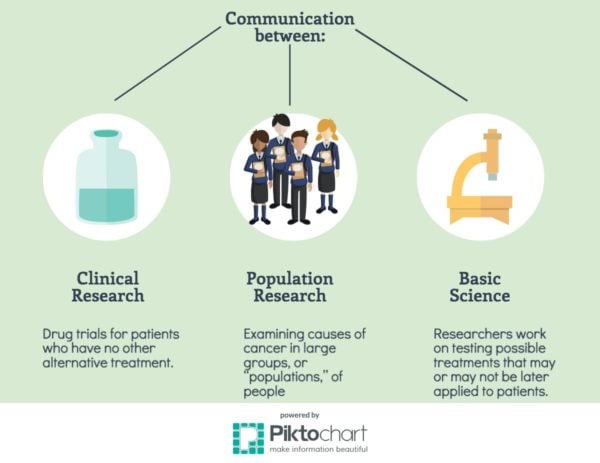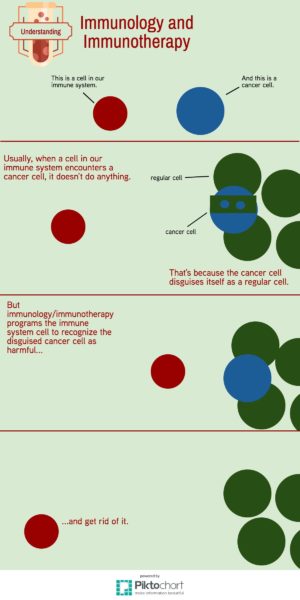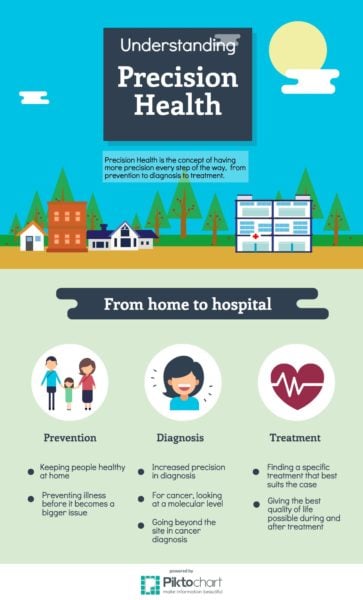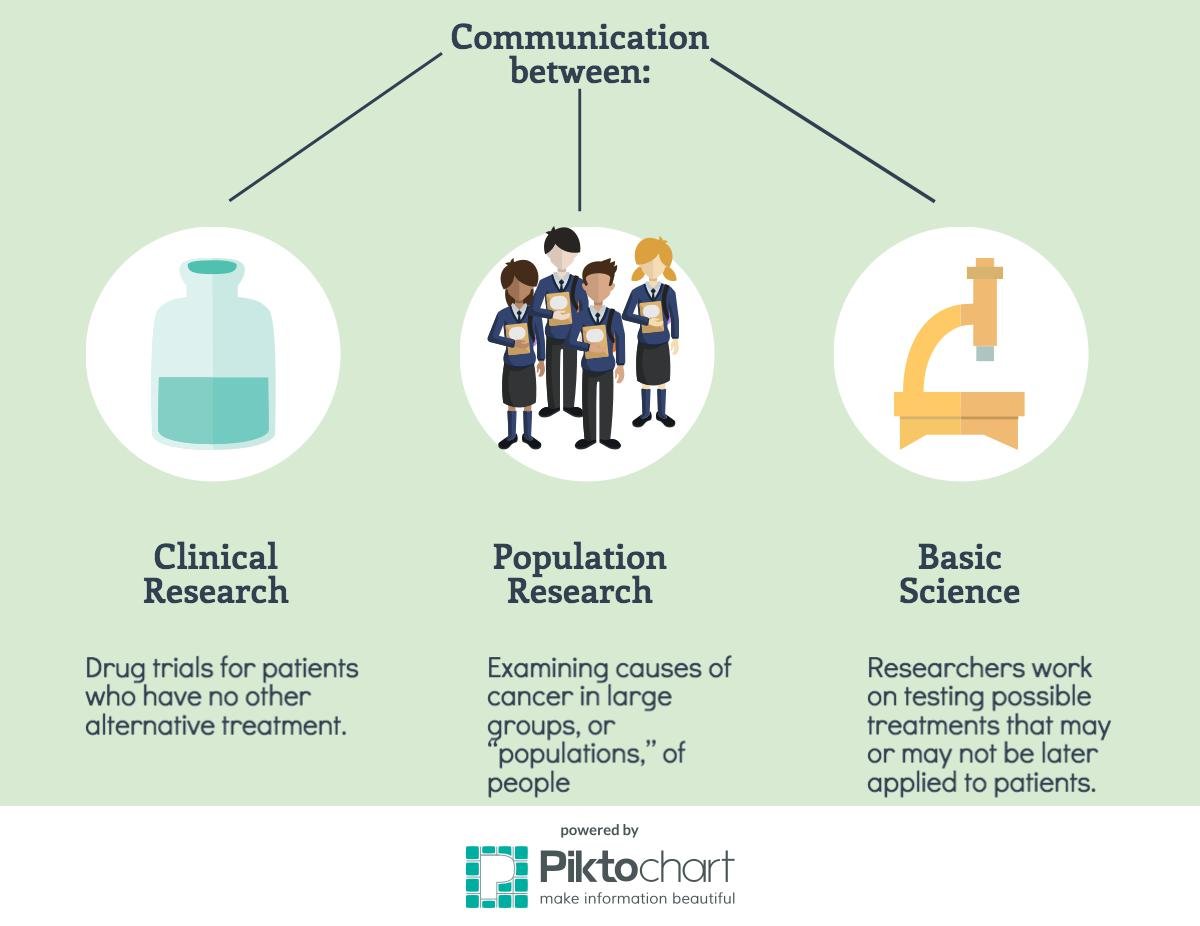The Stanford Cancer Institute (SCI) received recognition as a “comprehensive cancer center,” the highest cancer center designation, on July 1. The National Cancer Institute (NCI) awards this designation to cancer centers with excellent research, as well as connection and interaction across research areas, according to SCI director and professor in medicine Beverly Mitchell.
Mitchell explained that the basis for the designation was mainly a focus on clinical research, population research and basic science.

When awarding the comprehensive center designation, the NCI emphasized not only the presence of these three types of research, but also communication and interaction among them. Michael Claeys, SCI communications manager, explained that SCI has achieved these values through numerous programs.
Claeys compared the Institute to an umbrella, encompassing and connecting everything that Stanford does related to cancer.
“It’s about the totality of the programs and how they work together, and not just the brilliance of one person working isolated in a lab,” Claeys said. “It’s how people collaborate together and take things from discovery into testing and then hopefully, to patients.”
Collaboration across fields and institutions
The SCI has made an effort to get doctors with different specializations to collaborate together in order to solve problems that span different fields of study. Their population science program aims to facilitate more cross-field collaboration by bringing together different doctors and specialists to analyze issues together.
For example, one group focuses on the increase in liver cancer cases, especially within the Asian population who have had hepatitis.
“This group includes people interested in the virology of hepatitis and liver, pathology of liver disease and the risk factor for this Asian population who develop liver cancer,” Mitchell said. “So they’re working actively to understand more about the process and develop new approaches to it.”
It’s this collaboration and communication between different groups that Mitchell is most proud of within the SCI.
“It’s really this catalytic event of having collaborations that didn’t exist before,” she said.
Increased collaboration both within and between SCI and other cancer centers has helped produce new treatments such as immunotherapy, also known as immunology. According to Mitchell, these treatment techniques may work for more than one type of cancer — a potentially huge advancement in cancer treatment.

Using precision health to improve treatment
Along with increased collaboration, SCI has also focused on increased precision, from prevention to diagnosis to treatment. The Institute looks at each case of cancer molecularly, instead of based on its location in the body. The focus is part of a larger program called Precision Health at Stanford Medicine.
“In the past, people focus on sort of site-specific [cancers] — you have breast cancer; you have colon cancer,” Claeys said. “Two breast cancers, even if they’re in the same site, might be very different on a molecular level and so therefore require different treatment, different drugs. And surprisingly, a bladder cancer and a breast cancer might take the same drug because they have the same molecular mutation that led to the cancer development.”

Mitchell explained that although it’s hard to say to what extent each of these factors played in the final designation by the NCI, the designation focused mostly on the connections in each step of the process.
“The NCI very much doesn’t want [the designation] to be a[n], ‘oh look, somebody discovered this, they’re comprehensive,’” Mitchell said. “‘Comprehensive’ is really more about the whole program, and I think they did recognize the fantastic science that’s going on here, and they complimented us on our ability to apply that to patient care.”
Lloyd Minor, dean of the School of Medicine, agreed with Mitchell.
“Stanford Medicine is committed to transforming cancer research and care delivery through Precision Health approaches that focus on prevention and personalized treatment,” Minor said. “Comprehensive designation is a well-deserved recognition of this commitment, and I am grateful for the dedication of our faculty and the leadership of director Beverly Mitchell that made it possible.”
Increased communication in all aspects of the SCI’s efforts, both doctor-to-doctor and doctor-to-patient, has helped the Institute gain its designation as a comprehensive cancer center, Claeys said.
“The designation is a wonderful recognition for all that’s been done here over the last few years at Stanford, but it’s not an endpoint,”Claeys said. “The real motivation here is to reduce the burden of cancer, and everyone’s going to continue to work 110 percent to get that done.”
Contact ZaZu Lippert at zazulippert ‘at’ gmail.com.
